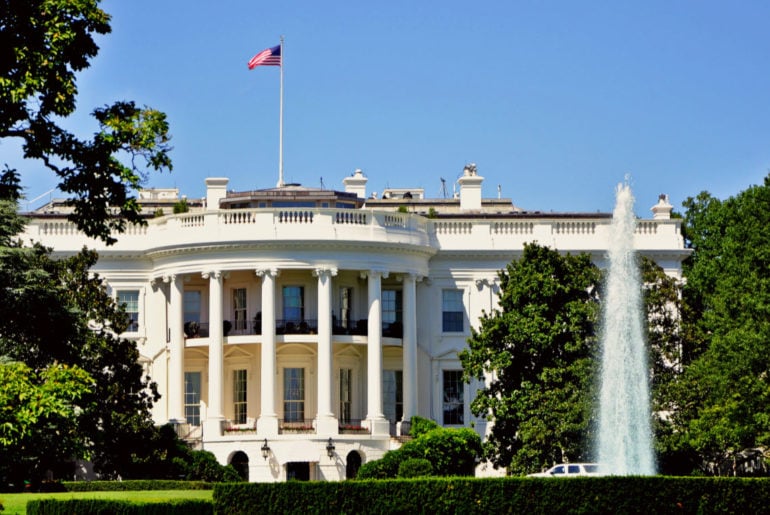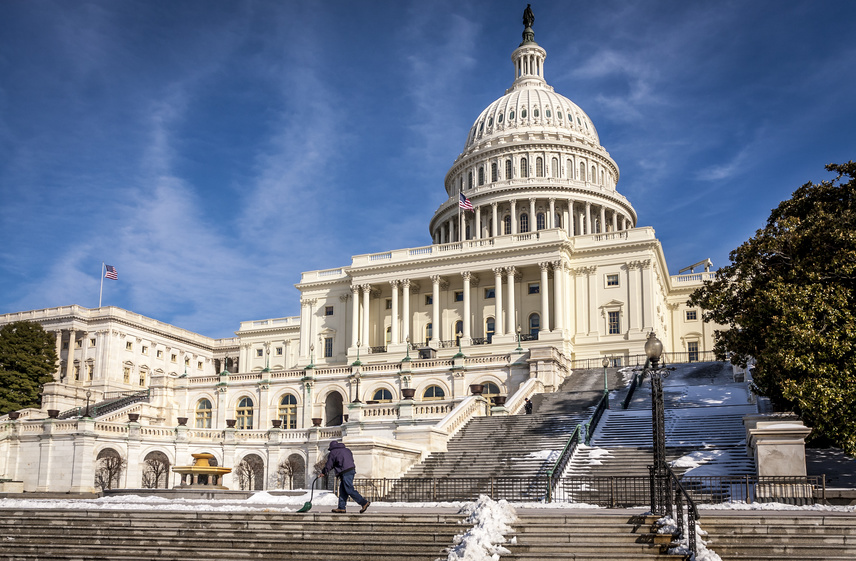Employers will have to disclose that they have been “selling” personal information of California employees under the California Consumer Privacy Act (CCPA), unless they update commercial contracts with service providers and other business partners effective 1 January 2022. Also, employers should tighten their data retention and deletion protocols, because CCPA requires data minimization and California employees are gaining broad data access, portability, and correction and deletion rights. Deployments of Artificial Intelligence, employee monitoring software, and automated decision-making are coming under increased scrutiny, too, pursuant to CCPA. Employers face these new requirements in addition to an existing obligation under CCPA to issue privacy notices to employees, which has applied since 1 January 2020 and required an update when the California Privacy Rights Act of 2020 (CPRA) took effect on 16 December 2020.
In an era where supply chain disruptions and risks are regular front-page news, the Biden Administration has been undertaking a range of initiatives intended to create resilient supply chains that reflect the administration’s policies around national security, foreign policy, human rights and the US economy.
As the first year of the Biden Administration comes to a close, the US government has continued to use sanctions and other trade tools to target Chinese companies, citing national security, alleged human rights violations, and a range of other policy reasons for its actions. Dozens of Chinese companies have been added to various US trade blacklists, with negative and often far-reaching impacts.
Welcome to The Employer Rapport, Baker McKenzie’s Labor and Employment video chat series for US multinational employers. In each on-demand episode, our lawyers provide insights and quick, practical tips on today’s most pressing issues and legal developments impacting employers both at the domestic and global levels. This week we discuss What’s the Fate of the Federal Contractor Vaccine Mandate After SCOTUS’s Stay of the OSHA ETS?
On January 25, 2022, two senior Biden Administration officials held a background press call on potential economic deterrence measures to be imposed in the event of a Russian invasion of Ukraine. The senior officials stated that, if that happens, the US Government is prepared to impose sanctions with “massive consequences” for Russia that were not previously considered following the 2014 annexation of Crimea.
This week’s discussion will cover the following:
• Indictment of Belarus government officials for air piracy in connection with forced landing of Ryanair jet
• First DOJ indictment over threatening of election officials
• SEC v. David P. Forte, et al. – SEC and DOJ Continue to Pursue Insider Trading Based on Circumstantial Evidence
• Discussion of most recent tipper-tippee insider trading case
On January 24, 2022, the US Department of Commerce issued a request for information (“RFI”) to gather input on incentivizing domestic semiconductor investments and accelerate chip research to “ensure a robust domestic semiconductor industry.” Comments must be received by 5:00 p.m. Eastern time on March 25, 2022.
The New York State Senate this month unveiled the “Fashion Sustainability and Social Accountability Act”. The Act, if enacted, will require every fashion retail seller and manufacturer that does business in New York and has over USD 100 million in annual worldwide gross receipts to make a number of sustainability and social disclosures.
US partners and former US Department of Justice prosecutors William Devaney and Tom Firestone discuss with UK senior associate Andrew Matheson the ins and outs of the US approach to prosecuting companies and, perhaps more importantly, how that approach could be improved upon.
On 10 December 2021, at the Summit for Democracy, the US, Australia, Denmark, and Norway, released a Joint Statement announcing an Export Controls and Human Rights Initiative to curb the misuse of technologies by certain governments. The initiative aims to combat digital authoritarianism in countries where software and advanced surveillance technologies have been used to hack the communications of political opponents and journalists, shape public opinion, and censor information the government deems threatening.



